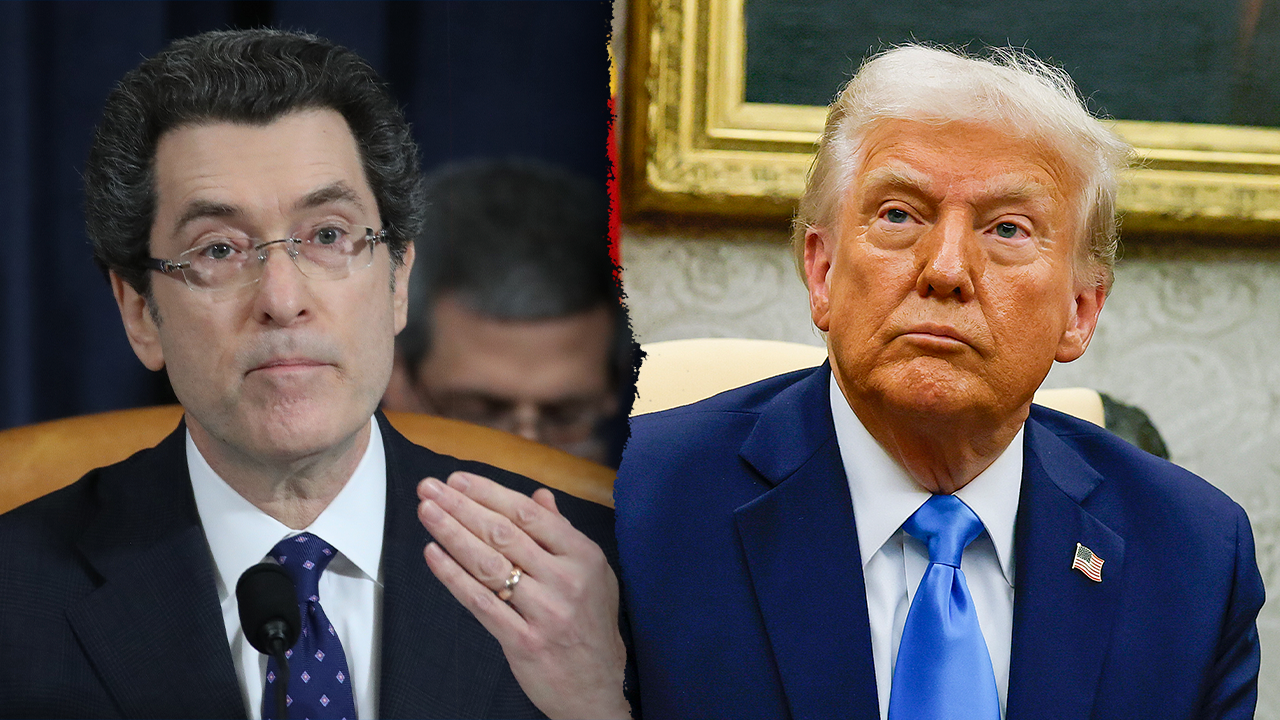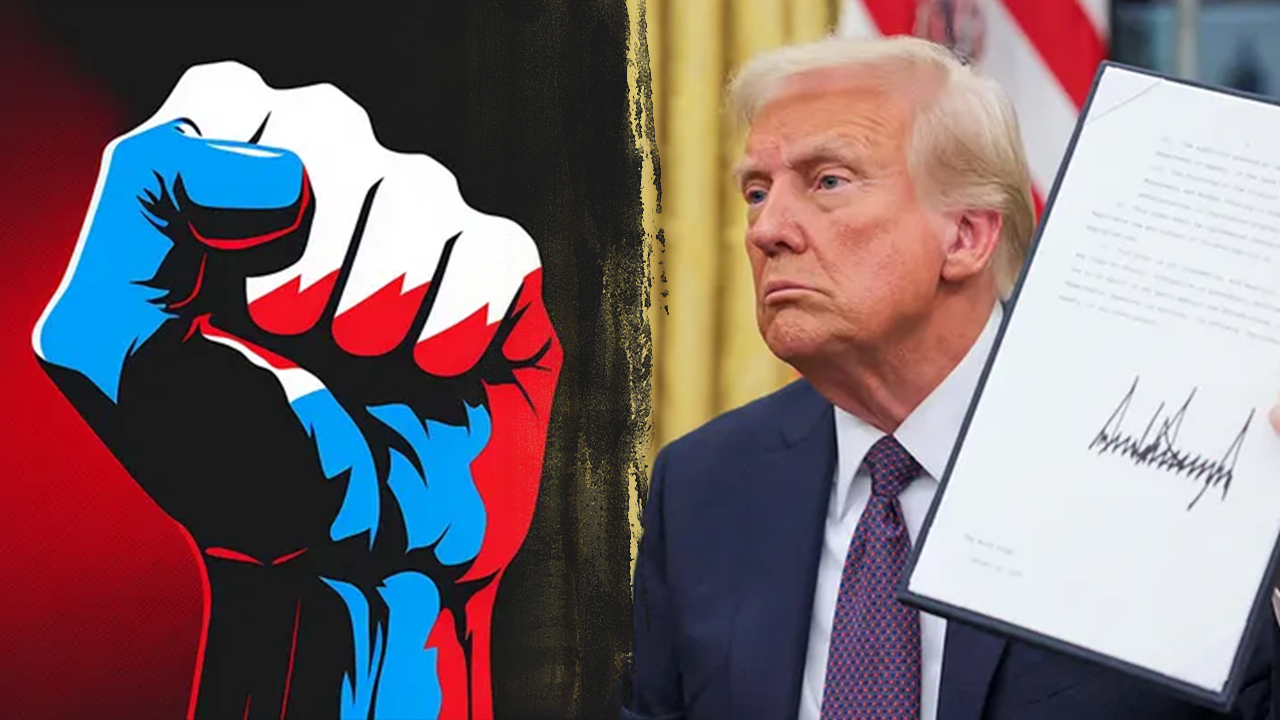Kelsey McKinney might be one of the most famous names in the gossip game. As the creator and former host of Defector’s hit podcast Normal Gossip, she’s covered a wide breadth of the most mundane to riotous recollections in the podcast, which takes niche gossip — like a midnight community garden raid to a decade long game of Bunco — and anonymizes it for the audience to enjoy and the sources of gossip to never recognize themselves. (She recently left the gig to work on other projects, with new host Rachelle Hampton taking the lead mic.) And with that pedigree in mind, McKinney thinks it’s time we start talking about a pretty concerning aspect of our digital lives: internet gossip.
In her new book You Didn’t Hear This From Me: (Mostly) True Notes on Gossip, McKinney uses part memoir, part cultural criticism to unpack the nuances of modern storytelling and how gossip has evolved from a simple secret between friends to a social and cultural phenomenon — one that impacts everything from the TikToks you see to the celebrities you love to hate. And as the resident gossip expert, no one is more equipped to handle the trickiest aspects of gab, even when gossip just might be the villain of the story. Take, for example, the saga of West Elm Caleb. In 2022, after an influencer posted that she was ghosted by a man named Caleb and woke up several comments asking if the Caleb in question worked at West Elm as a furniture designer. This West Elm Caleb allegedly lovebombed girls, went on dates and sent the same playlist around, and often stopped responding. It’s the hallmark of dating online in your 20s, but as a digital mob turned West Elm Caleb into the villain of the week online, it made McKinney think about gossip’s relationship to social media — and what we owe each other when we gossip online.
“I think that if you are telling any story to a broad and large audience, you should be asking yourself ethical questions about what your duty is to society. Why are you posting it?” McKinney told Rolling Stone in 2023. “You’re posting it because you want people to listen to retell the story, and I think that is a natural thing to want. But you have to think for a second about what we owe each other.”
Editor’s picks
In this excerpt of You Didn’t Hear This From Me, McKinney explores how social media’s surveillance state is sucking the fun out of community gossip, making internet villains out of everyday people, and possibly making us all worse in the process.
***
One survival skill that every modern person must acquire is the ability to avoid becoming the Main Character of the internet. Every few weeks, a new Main Character is chosen, their life placed under a microscope, their decisions dissected. The court of public opinion tries them and decides whether they are to be found guilty or (rarely) innocent, and they never get a say in the matter. If the internet says you’re a witch, no one cares whether or not you float after they throw you into the river, because you will drown anyway.
You don’t need to know how to make fire anymore; you need to know how to dodge it when it comes for you. When, not if. In the almost two decades that I have spent with my eyes glued to whichever social media website is hot at the moment, I have seen dozens of Main Characters get run off of platforms and into hiding. I remember when a PR director tweeted something offensive about AIDS, got on a plane, and by the time she landed had become the Main Character. Then there was the young woman whose friend posted a photo to Facebook of her flipping off the camera and pretending to scream at Arlington National Cemetery’s Tomb of the Unknowns. There was a young woman who dressed as a Boston Marathon bombing victim for Halloween. There was a media man who tweeted that we should “bring back bullying” and quickly felt that group wrath directed right at him. But there are also the Main Characters that only I remember: a user bullied out of a Twilight Tumblr for saying Kristen Stewart couldn’t act well enough to seem attracted to a man, a class president being forced to step down from his position because he tweeted about girls wearing leggings as pants. So many Main Characters, and all of them destroyed.
Related Content
All of this is gossip. Discussion of strangers online, even with other strangers online, is gossip. And in some ways the panopticon of internet gossiping at such a scale shows all the goods and evils that gossiping has to offer. Take, for example, the joy of snooping. There is almost no greater pleasure in my life than being asked to help obtain gossip. Let’s say a friend meets a cutie at the bar. They don’t know the cutie’s last name. All they have is a first name, a physical description, and a crush. I am cracking my knuckles just thinking about this made-up but frequent scenario. I am settling in on the couch with my laptop, and we are going hunting, baby. The internet has made the world so small and our lives so interconnected that with a few tools and the ability to use them, you can find almost anyone. I once found a man seated three rows ahead of someone on an airplane because I found a post from someone in the row behind him where you could see his Instagram handle. It is one of my proudest moments. They did not, unfortunately, get married.
Give me your address, and you can bet all your money that I will be typing that address into Zillow and looking at what your house cost and how many bedrooms it has, and when it last sold. Give me your girlfriend’s ex’s first name, and I’ll find her Instagram page and tell you you’re hotter, I promise. Mention in front of me that you haven’t been able to find the email address of literally anyone, and I will ruin my own life to find it.
The internet is what you (and others) make of it. The fear that what is fun and silly online can radiate into violence or misery offline is based on history, not nightmare. We have seen over and over again the power that the internet has to identify, locate, and judge a person we’ve never met. Perhaps earlier in the rise of social media, that ability felt like justice. “In those early days [of social media], the collective fury felt righteous, powerful and effective. It felt as if hierarchies were being dismantled, as if justice were being democratized,” Jon Ronson wrote in the New York Times Magazine in 2015. “I also began to marvel at the disconnect between the severity of the crime and the gleeful savagery of the punishment. It almost felt as if shamings were now happening for their own sake, as if they were following a script.”
These shamings are gossip: we are talking to one another about someone who we do not know at all. But they’re also gossip in outcome. Gossip reinforces social norms within tight-knit communities — it is an extralegal solution to enforce the community’s ideals and powers.
In the eighteenth century, the philosopher and social theorist Jeremy Bentham designed a prison that he called the panopticon. The building would be round, and all of the inmates’ cells would face a central rotunda, where the guards would be stationed. The guards, then, could watch the inmates without the inmates knowing for certain that they were being watched. The central tower would be subject to periodic observation by the public. He envisioned everyone watching one another as a kind of police state to create good behavior. The Austrian sociologist Christian Fuchs argues that social media exists within a panopticon in which Meta, TikTok, or Snapchat sits in the center, and we — with all our data and messages and cookies — are the ones being watched. We, the users of social media, are inside our little jail cells, while the big corporations sit in the tower watching us.
As the narrator of Jane Austen’s Emma says, “Human nature is so well disposed towards those who are in interesting situations, that a young person, who either marries or dies, is sure of being kindly spoken of.” The communal aspect of gossip is how we create and perpetuate norms within our groups. Say our society has decided that wearing blue is immoral and bad. If we saw someone from our community wearing an all-blue outfit, we would tell our friends: here is a member of our community actively doing something we all agree is wrong. No blue is allowed here! Even if none of us were to directly confront the blue wearer about the behavior, it is uncomfortable to be gossiped about, and probably eventually the blue wearer would either stop wearing blue in order to maintain peace within the community or leave and find a space in which wearing blue was not villainized.

In modern-day American society, wearing blue is fine, but something almost universally disliked is being a fuckboy. Let’s take the contemporary cautionary tale of West Elm Caleb as an example. In January 2022, Mimi Shou posted a funny video to TikTok about being ghosted by a guy she had a great first date with in New York City: a classic tale of heartbreak and annoyance. Mimi Shou posted four videos that week about her dating mishaps in NYC, but only that one created a sensation. The video itself is vague, but she captioned it “This one’s dedicated to Caleb.” The video had a subject, the ambiguous Caleb. And because the internet is both infinite and hyperlocal, other women in NYC saw the video and began commenting about a man named Caleb who worked at West Elm. Ironically, this was not the Caleb that Shou had gone on a date with. She had been ghosted by another tall NYC Caleb.
A few days later, Shou posted an update video explaining that someone had slid into her DMs and told her all about how a man named Caleb who worked at West Elm (whom she had not met up with) was love-bombing her on Hinge and then ghosted her. Information is coming from an unidentified source talking to Shou, whom we do not know, and the information that source is presenting is that a man she has not met was overly affectionate with her over text and then stopped talking to her. This is not a crime. This is barely even a faux pas in the realm of dating. Hitting it off with someone, not meeting up, and then falling out of contact is pretty much par for any dating interaction in any major city. One real criticism that emerged from the women telling stories about this man was that he sent an unsolicited dick pic.
As of this writing, the original video had just over seven hundred thousand views, so it was by no means the most popular video on TikTok, but when it was first posted the spread was immediate. Several women posted videos explaining their experiences with him, and the playlists he’d given them, and the similar lies he’d told them. Buoyed by their camaraderie, women revealed his last name and posted his dating profile on TikTok. Strangers began commenting on the official West Elm Instagram page. Shou (who, remember, had not dated him at all) posted another video with text overlaid that read, “When you’re the girl that single handedly exposed a Hinge villain and united half the girls in NYC.” This video got more than 2.5 million views.
In [the 1985 book] Gossip, Patricia Meyer Spacks wrote, “Gossip may damage others, both by threatening their reputations and by converting people into fictions.” West Elm Caleb became not just a fuckboy; he was every fuckboy who had ever ghosted any woman on any date. As a fictional character (which to most people he was), he could be purely evil. The witch hunt against him could continue unabated until the internet found a new target. “In less than a week, a person who seems to be a pretty normal twentysomething single has become a symbol of something larger, a punching bag meant to represent the millions of brief but bad exes those perpetuating an online harassment campaign against him have likely experienced themselves,” Brittany Spanos wrote in Rolling Stone.
It is as if the screen between the viewer and the person being indicted on the front page of the internet allows us to develop a kind of brain worm, let’s call it West Elm Caleb–itis. It convinces us that not only is it our right to know what is happening among everyone in the whole world, but it is also our job to legislate it.
The West Elm Caleb saga began almost immediately after “Couch Guy,” another exercise in projection where strangers on TikTok judged a man’s response to his girlfriend showing up to surprise him and (with absolutely zero evidence except vibes) accused him of cheating. His girlfriend’s cute nineteen-second video received more than 64 million views and was covered by a whole host of major media outlets, including The View. The hashtag (which included videos dissecting the original video) had more than a billion views. The “Couch Guy,” whose real name is Robert McCoy, later wrote in an article for Slate that people in his building posted on TikTok promising to surveil the people coming in and out of his apartment and report back. “This tabloid body language analysis — something typically reserved for Kardashians, the British royal family, and other A-listers — made me, a private citizen who had previously enjoyed his minimal internet presence, an unwilling recipient of the celebrity treatment,” McCoy wrote.
“A life had been ruined. What was it for: just some social media drama? I think our natural disposition as humans is to plod along until we get old and stop. But with social media we’ve created a stage for constant artificial high dramas. Every day a new person emerges as a magnificent hero or a sickening villain. It’s all very sweeping, and not the way we actually are as people,” Jon Ronson wrote in his 2015 book So You’ve Been Publicly Shamed. To exist in the world now, be it in public or private, is to risk becoming the Main Character of the internet just for living your life. It isn’t just the media companies in the center of the panopticon anymore; we are all inside the panopticon, our cameras pointed at one another, with little regard for the ramifications of that surveillance.
To make all of this a little more ethically dubious, add in the fact that in the creator economy, attention equals money. Telling stories about other private citizens online without regard for discretion or their best interest can be profitable. Utilitarianism has died a rough death in the content mines, because views equal money, and if the pursuit of views is unchecked by ethics, then other people’s privacy becomes irrelevant. Everything and everyone is content, baby. The public is now a stage on which I can perform. Everyone else is a minor character in the play of my life, and their harm does not exist to me, for I must post. And if a life or two are destroyed for a few weeks, but I gain followers, isn’t it worth it?
Recording people in public as individuals does not create the exact same panopticon that the state generates by wiretapping or privacy invasion, but it does make the state’s ability to monitor us even easier. We have created our own surveillance state willingly, and we applaud ourselves for doing so. West Elm Caleb–itis convinces us that one person’s life or day can be played with in exchange for our own increase in power. It’s a severely capitalistic and consumeristic mindset to use the joy of snooping as a form of punishment. Gossip can be used as an extralegal form of justice, but as the internet shrinks the world around us and the people in charge of tech platforms realize that we love drama and gossip enough to keep scrolling, we are at risk of throwing our own into the gallows and corrupting the joy we are able to find in satisfying our curiosity. The problem is that it is fun to be neotenous, to learn about the world around us, to dig where we aren’t supposed to, to gather information we aren’t supposed to have.
Applying gossip as a regulatory force to strangers has the potential to create harm.
The mob that trails West Elm Caleb knows neither morality nor mercy. There is no end to the aim of the group. What exactly did society want from this man? Or from Couch Guy? Or from any other Main Character? An apology? A disappearance? A mutual shared enemy on which to project all its fears of and frustrations with the modern dating scene? Do we want the internet’s equivalent of Cersei paraded naked through the streets while everyone yells “Shame!”?
As clear as all of this feels, though, I forgot my own stance. Caleb has disappeared from the internet almost entirely since his brief brush with fame and shame. He apparently does not post anymore. But to write all of this about him, to bring him back into the public eye to prove my point without warning him that I was going to do so felt unfair. The journalist in me believes in asking for comment, but to do so, you need someone’s contact info. He has no Instagram or X account. He definitely doesn’t have a public TikTok. Only his LinkedIn listing still remains. But as I’ve admitted, I am more powerful than a Google search engine. I used every tool at my disposal, and I found him: his email address, his phone number, where he lives. It didn’t feel good to write him an email. Invading someone’s privacy never does. But I did send it.
My curiosity about who he is now, and what he thinks of all of this, and how he’s survived all of this attention outweighed my belief that he would not want to hear from me. He did not respond to my email, and I cannot say that I blame him. I wouldn’t respond to me, either.
Excerpted from YOU DIDN’T HEAR THIS FROM ME: (Mostly) True Notes on Gossip by Kelsey McKinney, published on February 11, 2025. Copyright © 2025 by Kelsey McKinney. Used by arrangement with Grand Central Publishing, a division of Hachette Book Group, Inc. All rights reserved.

 3 hours ago
4
3 hours ago
4
















.png)

.png)
.png)
.png)













 English (US) ·
English (US) ·  Hindi (IN) ·
Hindi (IN) ·